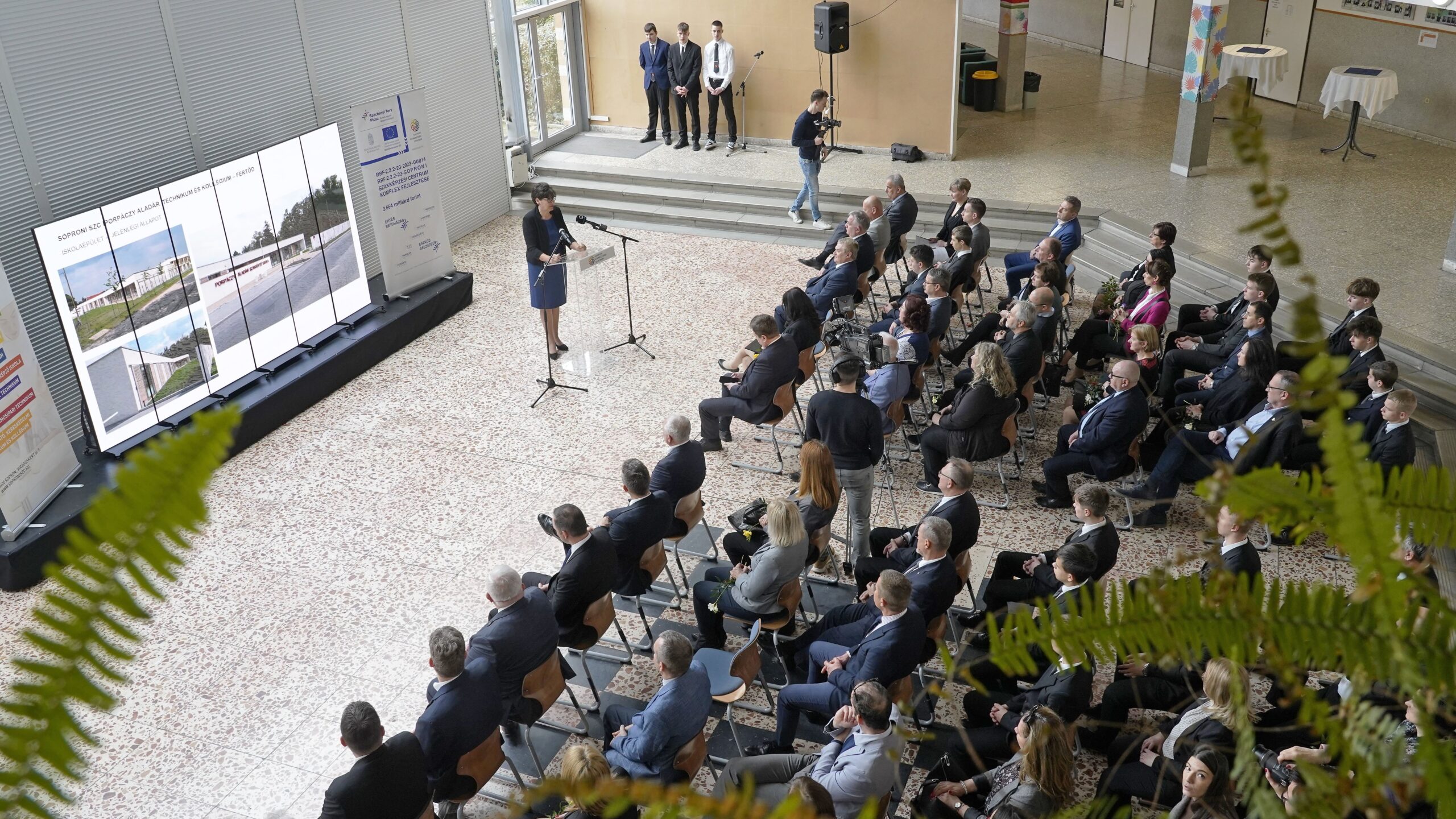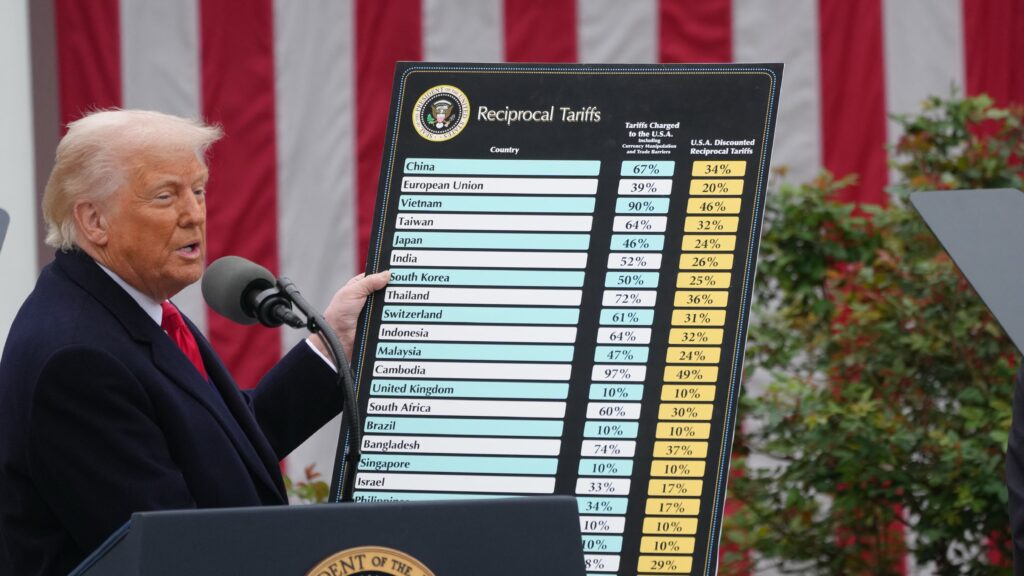Hungary’s vocational education system is seeing unprecedented advancements, according to State Secretary for Higher Education, Vocational and Adult Training, and Youth at the Ministry of Culture and Innovation Veronika Varga-Bajusz. She detailed key achievements and plans for 2024 that promise to reshape the sector.
Teacher wages in vocational training have seen consistent increases over recent years. A new graduate’s salary, which stood at 280,000 forints in 2020, has doubled, and is set to reach 705,000 forints next year—a 2.5-fold increase compared to four years ago. Similarly, experienced educators will see their salaries rise from 350,000 forints in 2020 to 950,000 forints in 2024.
The government is equally focused on incentivizing students. Participants in vocational programmes receive substantial financial support, including tens of thousands of forints in base scholarships. Those in dual training can earn 160,000 forints in wages, followed by professional rewards of 150,000 to 300,000 forints upon completing their exams. Additionally, a new work loan of 4 million forints, available for 17–25-year-olds, will be introduced next year.
A highlight of the government’s investment strategy is the development of the Diákváros (Student City) project along the Soroksár Danube bank. The initiative, managed by the rebranded Tudástár Foundation (formerly Fudan Foundation), aims to establish 12,000 dormitory spaces alongside sports facilities, event venues, and community hubs. Construction is set to begin after unifying the property rights early next year.
Vocational training institutions in rural Hungary are also gaining prominence. Nine out of the top ten ranked schools nationwide are now vocational schools, reflecting the growing strength of these programmes. Hungarian students have excelled on the global stage, winning awards in European and international competitions alike.
Efforts to enhance teacher education are also underway. The Klebelsberg Scholarship, previously available only for integrated teacher training programmes, will now extend to modular training options. Its value will increase from the previous range of 25,000–70,000 to 100,000–150,000 forints, offering greater incentives to aspiring educators.
In total, 50 forints billion has been allocated for teacher salary increases, with an additional 100 billion earmarked for infrastructure improvements across the vocational education system.
These initiatives underscore Hungary’s commitment to building a skilled workforce and fostering educational excellence. With enhanced support for educators, students, and institutions, the vocational sector is poised to thrive, equipping future generations for success in both traditional and emerging fields.
Related articles:








